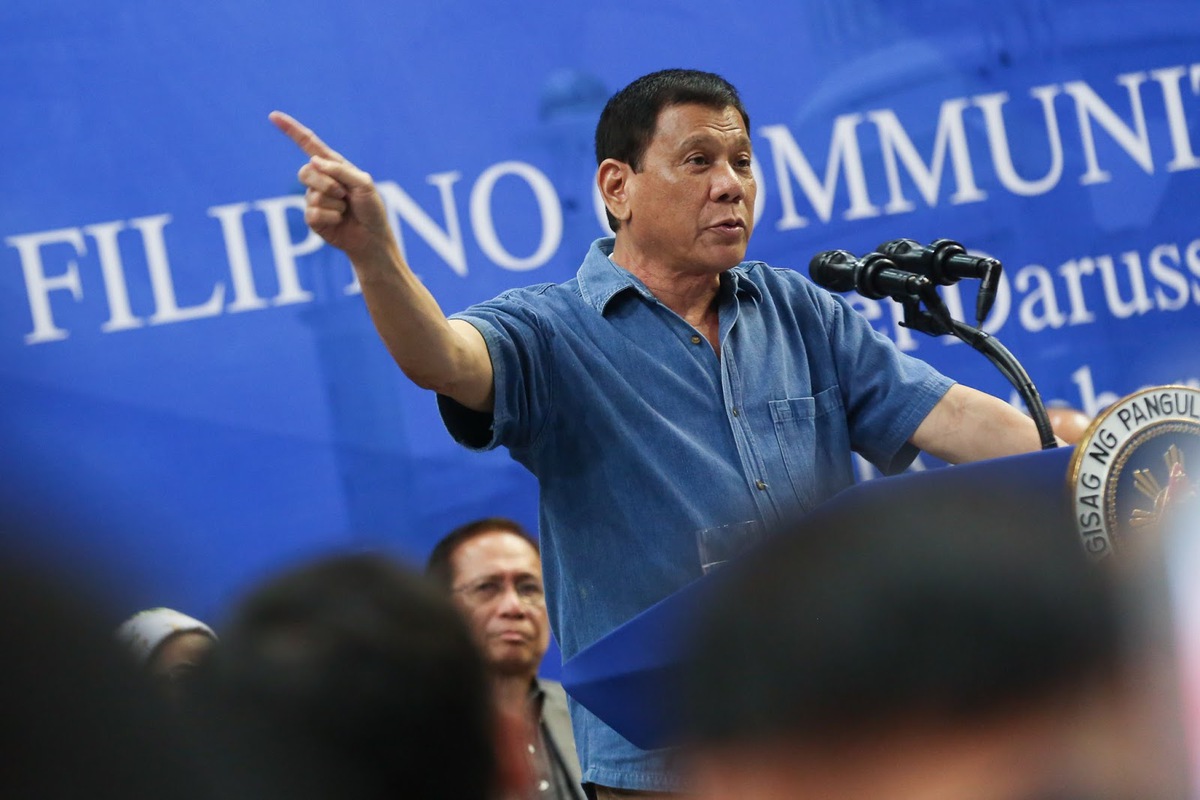Rodrigo Duterte, president of the Philippines, announced on Feb. 11 that the country will end the 1998 Visiting Forces Agreement (VFA) with the United States, marking the end of the two-decade-long military alliance.
According to The Washington Post, the VFA was designed to set rules, guidelines and legal status of the U.S. military when operating in the Philippines. The VFA also revalidates the 1951 Mutual Defense Treaty as well as the 2014 Enhanced Defense Cooperation Agreement, which allows the U.S. military to conduct joint exercises and operations in the Philippines.
According to The New York Times the VFA has allowed the to U.S. rotate its forces through Philippine military bases, leading to approximately 300 joint exercises per year between the American and Philippine militaries.
The termination of the VFA is expected to impact more than just military forces, as the U.S. has provided more than $550 million in security assistance in 2016–19. The U.S. has also assisted the Philippines with intelligence, training and aid from various issues such as human trafficking, cyberattacks, illegal narcotics and terrrorism groups, according to Al Jazeera.
One of the reasons cited for the termination of the agreement is the refusal by the U.S. to grant a visa to Senator Ronald dela Rosa, who has been named in extrajudicial killings associated with Duterte’s so-called war on drugs.
Human Rights Watch estimates that the war on drugs in the Philippines has resulted in at least 27,000 deaths.
Salvador Panelo, Duterte’s spokesperson has claimed that the termination of the agreement was not motivated by the denied visa, but by the Philippine’s own interests in being militarily independant.
According to Al Jazeera, Duterte is known for being outspoken and has previously condemned the presence of the U.S. in the Philippines.
In a 2016 press conference, Duterte said, “For as long as we stay with America, we will never have peace in that land [Mindanao]. We might as well give it up.”
Duterte held up pictures of the Jolo massacre, which occurred in 1906 when U.S. troops killed over 600 Moro Muslim Philipinos in the southern island of Jolo.
“This is the massacre of Jolo,” Duterte said as he held up the pictures. “Look at the bodies there. You [the U.S.] have not even apologized to the Filipino nation.”
Duterte further said that the history of the massacre has tainted U.S.–Philippines relations ever since.
President Donald Trump has responded to Duterte’s decision to terminate the agreement, telling reporters: “Well I never minded that very much, to be honest. We helped the Philippines very much. We helped them defeat ISIS…I don’t really mind if they would like to do that, it will save a lot of money. My views are different from others.”
The agreement remains in effect for the time being but is set to end after 180 days of the notice.
